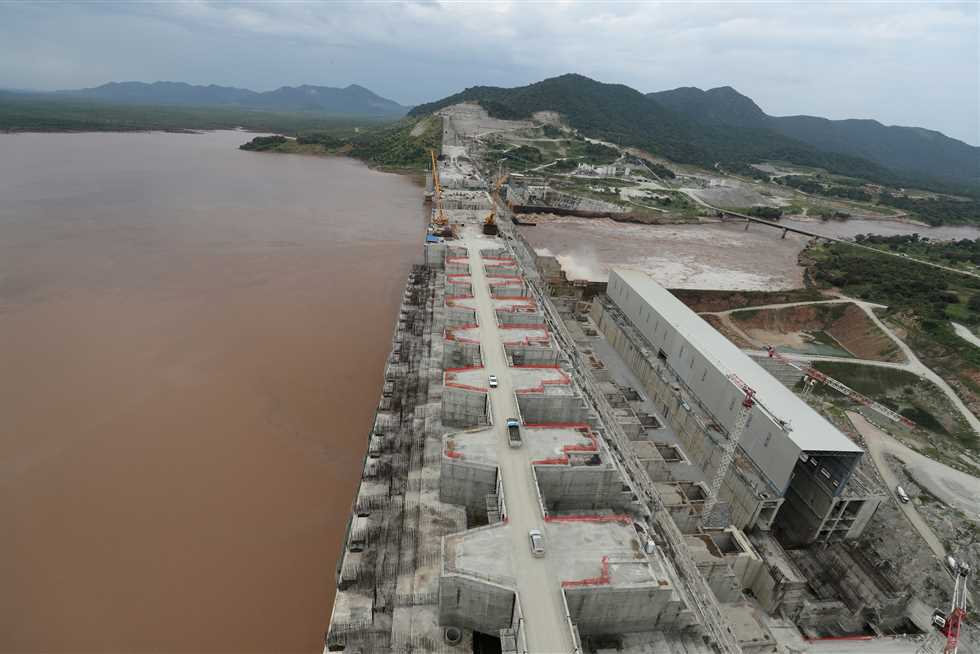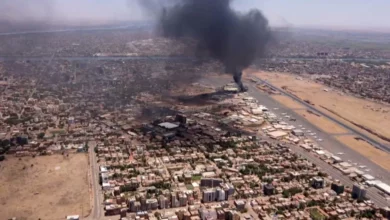
The Sudanese Ministry of Irrigation issued a warning to citizens to take all necessary precautions in anticipation of the potential impact caused by the Grand Ethiopian Renaissance Dam’s (GERD) filling in July.
In a statement, the Sudanese Undersecretary for the Ministry of Irrigation and Water Resources Dhawalbeit Abdul-Rahman, said that the ministry’s engineers working at the reservoirs and Nile water departments are preparing for all possible scenarios to reduce potential fallout, which includes modifications to the drainage and filling systems of the Rossiris and Jabal Al-Awliya reservoirs.
He added: “The Ministry would like to warn farmers, herders, drinking water stations, irrigation projects, and all water users and citizens in general in the Blue Nile state from Ad-Damazin to Khartoum, that the quantities of water coming from the Blue Nile are likely to decrease during the period from April to the end of September, and thus water levels will decrease in this sector. The areas of irrigated cliffs along this sector will also be affected, as will the entrances to drinking water stations and irrigation pumps”.
“As for the White Nile from al-Jabalain to Jabal Al-Awliya, this sector will also be affected by the filling of the GERD due to the modification of the operating systems of the Jabal Al-Awliya Reservoir, and this will lead to a reduction in the areas of the cliffs and pastures due tofailure to completely drain the lake. ”
He added that the main Nile from Khartoum to Atbara will be exposed to the same impact, as the quantities of water will decrease and the area of cultivated cliffs and pastures will shrink.
Abdul-Rahman said that “All concerned must take the necessary precautions to overcome the effects of filling and operation of the GERD from April to September 2021.”
The Ministry of Irrigation and Water Resources will work to provide more details about the programs of drainage and filling the reservoirs mentioned up-to-date, he assured.
National Security Advisor to the Ethiopian Prime Minister Gedu Andargachew announced last month that there is no alternative to filling the GERD in July.
Sudan has warned that filling the dam without reaching a tripartite agreement would compromise the safety of the Sudanese Roseires Dam and endanger the lives of millions of people who live in the surrounding area.
The Roseires Dam is located roughly 40 km from the site of the GERD.
Egypt, on January 10, said that the recent sessions of GERD negotiations have failed once again due to differences on how to resume talks and of the procedural aspects related to managing the negotiation process.
The construction of the dam, which began in 2011, is considered to be one of Egypt’s most serious water issues.
Egypt, which relies considerably on freshwater from the Nile, has voiced fears that the GERD would negatively impact the country’s water supply, and has insisted that measures be put in place to protect downstream countries in case of drought during the dam’s filling process.
Ethiopia on the other hand has stressed the importance of the project to bolster its economy, where more than half of the population currently lives without access to electricity.
Edited translation from Al-Masry Al-Youm




